This annual report looks at media use, attitudes and understanding among children and young people aged 5-15, as well as media access and use by young children aged 3-4.
It also includes findings on parents’ views about their children’s media use, and how they monitor and manage it. It is intended to provide a comprehensive picture of children’s media experiences in 2020/21 as a reference for industry, policymakers, academics and the general public.
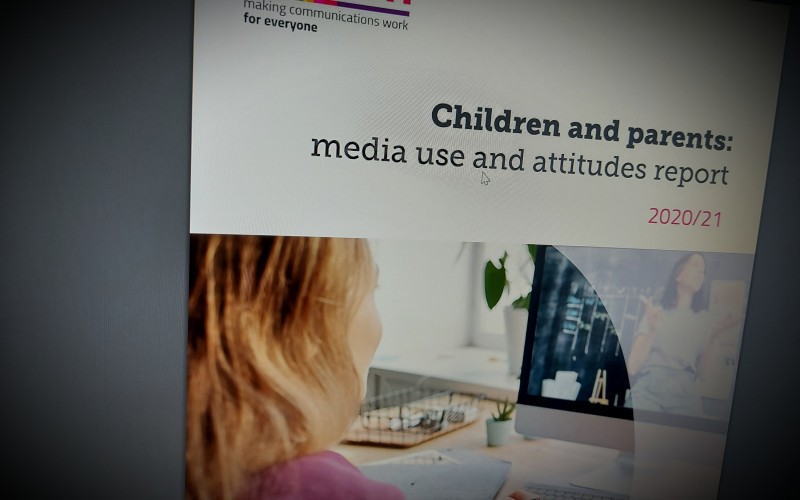
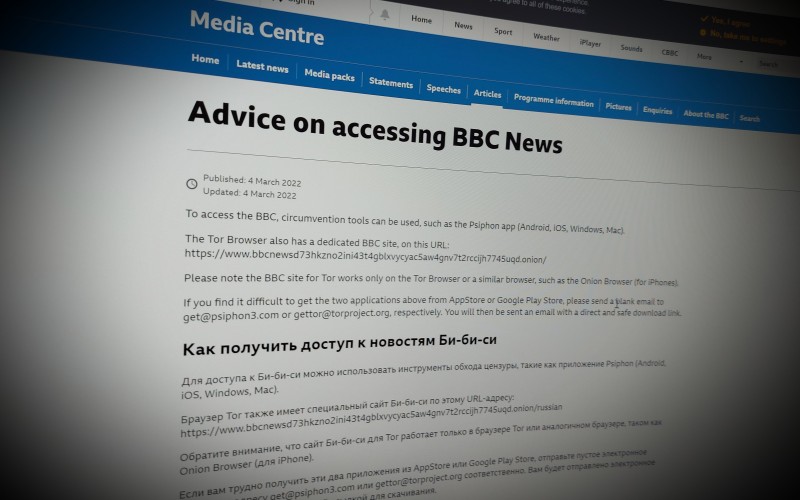
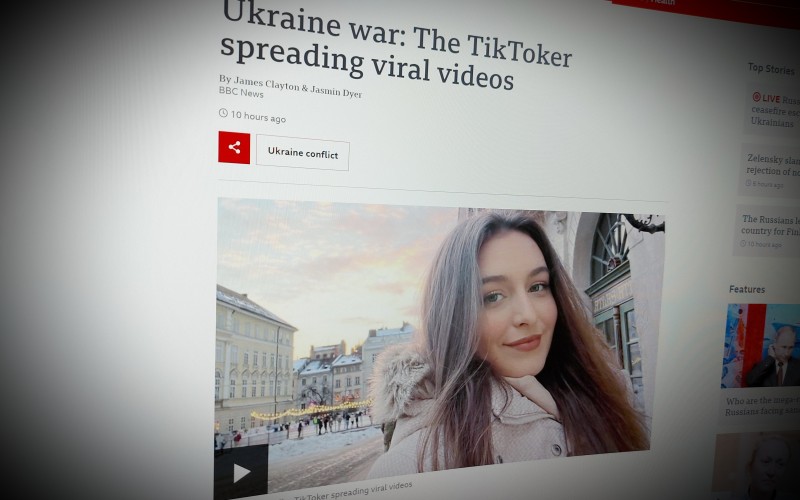
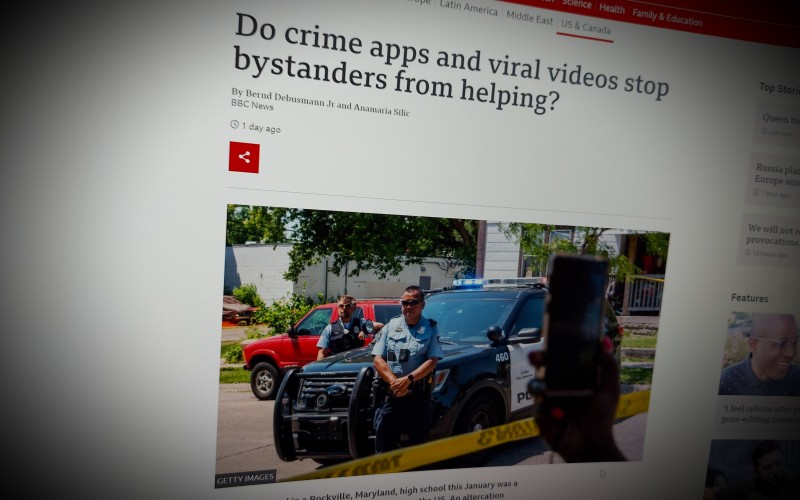
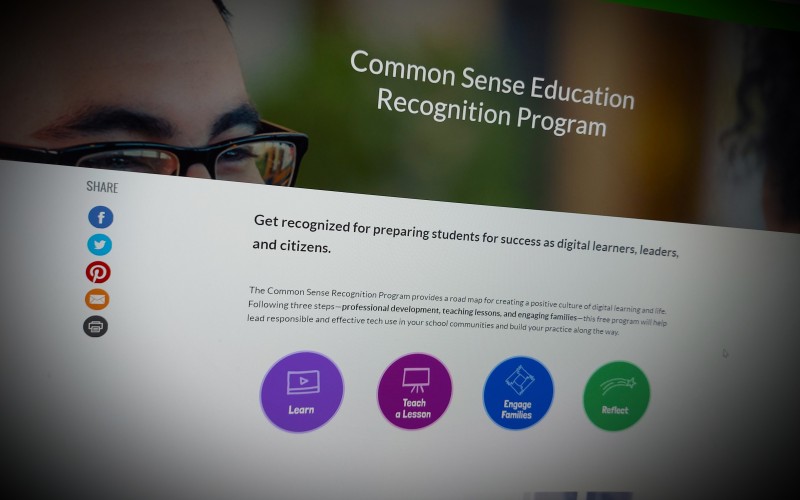
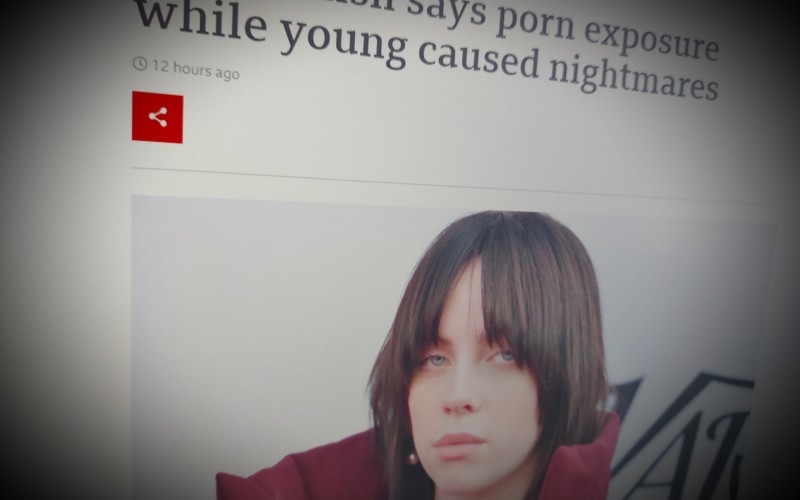
Comments
make a comment